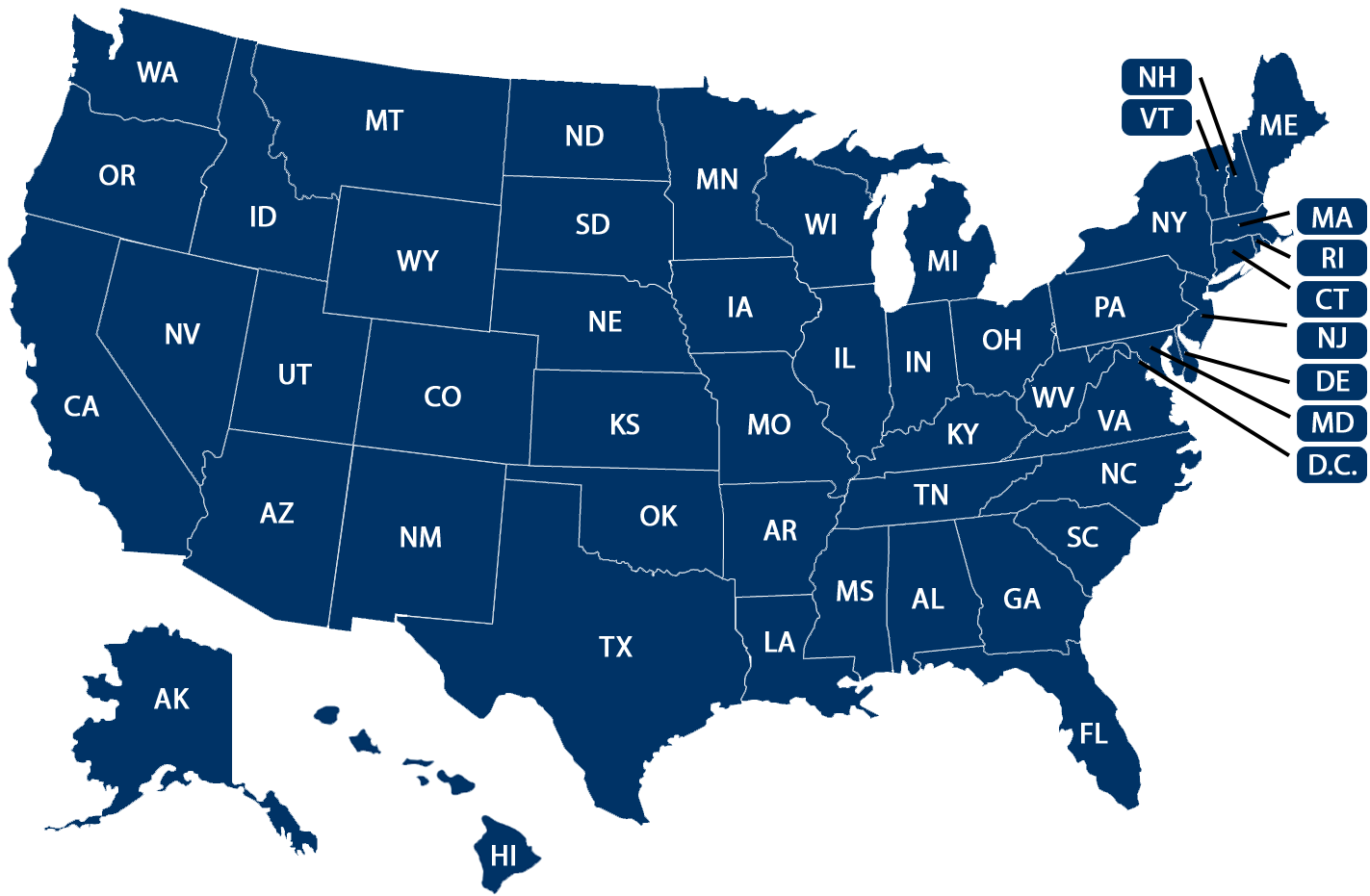Simply put, a lien is a charge or even a claim that, once recorded correctly, encumbers someone’s property to legally enforce the payment of debts or obligations. The lien must be cleared before a warranty deed can be issued.
When a person borrows money to purchase real estate, the lender attaches a mortgage lien to the real estate. Once the lien has been correctly recorded, it encumbers the property and effectively secures the loan. In the event the borrower fails to pay the debt or mortgage, the lender can seize the property as collateral for the defaulting loan.
Liens against the title are not limited to security for loans such as a mortgage. Liens may be recorded against the property by federal, state, county and municipal agencies. When an individual fails to pay federal income taxes, the IRS may record a lien against the individual and his real estate. In addition, the state can record a lien for delinquent state income taxes. Finally, county and municipal taxing entities may record liens against the property for delinquent real estate taxes.
A lien is a legal instrument that allows an individual or agency to compel payment for services rendered or work performed.
For example: Let’s say you hired a carpenter to renovate your kitchen. After sometime, the carpenter invoices you for the work rendered. But, because of a job lay-off, you are either unable or unwilling to pay the bill.
What can the carpenter do?
The carpenter can record a Mechanic’s Lien against your real estate, effectively compelling payment for the work rendered. When you try to sell your home, the title company cannot issue title insurance until you have cleared the lien (paid the debt). Likewise, a lender would not offer financing to a borrower if the real estate securing the loan is encumbered with a pre-existing or senior lien. If the lender ignored the lien, they would risk a great chance of losing the property to the carpenter.
From a lender’s point of view, the Mechanic’s Lien threatens the lender’s interests in the real estate. Likewise, getting title insurance on a lien-encumbered property is nearly impossible.
Liens are not limited to lenders and contractors. A person, agency or corporation can use another person’s property to compel payment for work performed, services rendered or debts accrued by attaching a lien.
Not all liens are created the same.
Voluntary Lien: Basically, the borrower is voluntarily agreeing to use the property as collateral for the loan. The most common example of a voluntary lien is a mortgage. The borrower voluntarily allows the lien to attach to the real estate.
Involuntary Lien: A lien created by law or legal action without the consent of an owner. Examples include taxes, special assessments, federal income tax liens, judgment liens, mechanics liens and materials liens.
Involuntary liens are not created the same. They are either statutory or equitable.
Statutory Lien: A lien that is created by statute. A real estate tax lien, for example, is an involuntary, statutory lien. It is created by statute without any action by the property owner.
Equitable lien: Is a lien, which arises out of common law. It is created by a court action. For example, a court- ordered judgment that requires a debtor to pay the balance on a delinquent charge account would be an involuntary, equitable lien on the debtor’s real estate.




